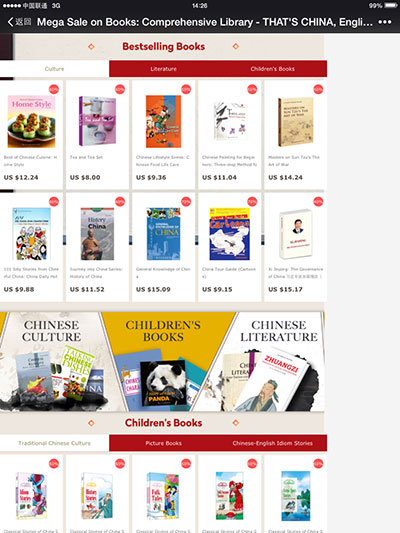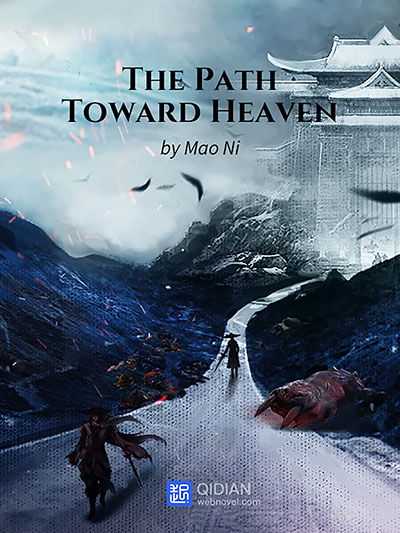Innovative ways to seek readers abroad
By Mei Jia | China Daily | Updated: 2018-01-19 07:19

Chinese publishers are also going abroad more often now. In 2016, they went to more than 40 international book fairs, compared with around 20 in 2012.
Official data also show that in 2016 China bought 17,252 copyrights for print books and electronic products from abroad, while selling 11,133. And its top trading partners were the United States, Britain and Germany. In another bit of news from the publishing world, Nicky Harman and Helen Wang from the Paper Republic, a website that serves translators and introduces Chinese writers to the English-speaking world, say that in 2017 most Chinese works published in English were works by contemporary writers, poets, writers of classics and children's books.
This information was put out in a list issued by the website-its sixth annual edition.
Among the works featured in the list are Jia Pingwa's The Lantern Bearer, translated by Carlos Rojas; Lu Nei's A Tree Grows in Daicheng, translated by Poppy Toland; poet Bei Dao's City Gate, Open Up: A Memoir, translated by Jeffrey Yang; Ming Dynasty (1368-1644) author Luo Guanzhong's Quelling the Demons' Revolt: A Novel from Ming China, translated by Patrick Hanan; Lu Xun's Jottings under Lamplight and The City of Sand by Tianxia Bachang, a web novel translated by Jeremy Tiang.
Chinese web novels are gaining global popularity with sites like webnovel.com, an English-language site where such works are published.

The Path Toward Heaven, by celebrated online novelist Mao Ni, has been updated online both in Chinese and English.
























